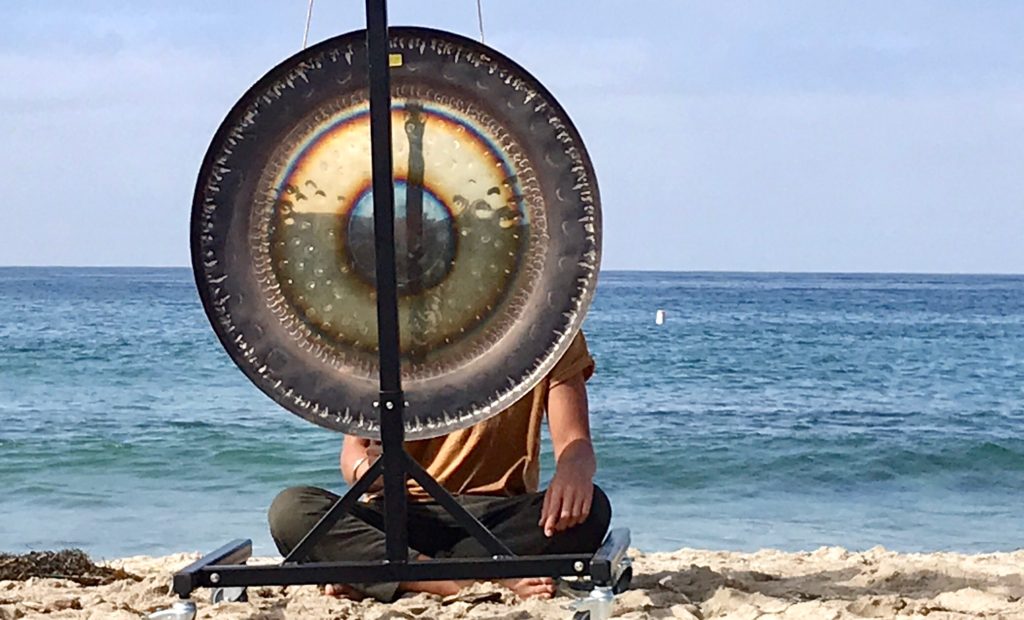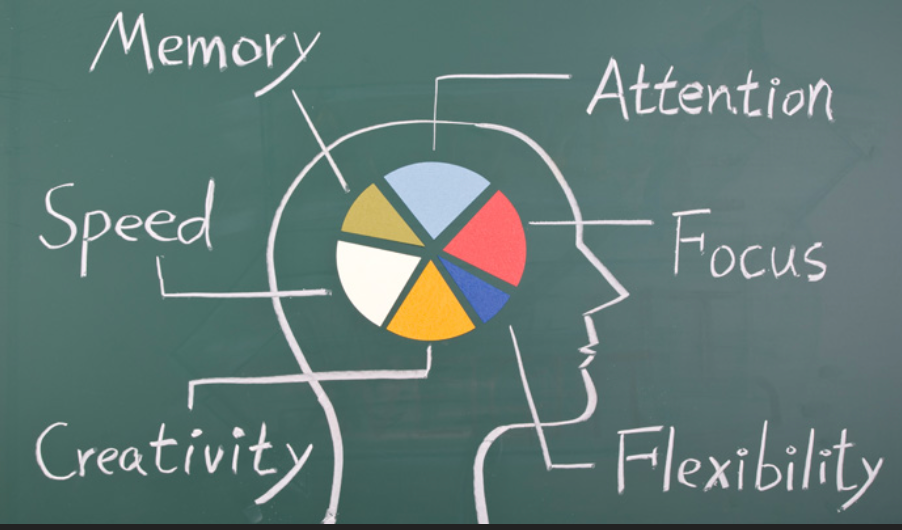
If you are finding yourself anxious, distracted, moody in this time of COVID pandemic, here is a podcast for you to help explain what’s happening. https://shrtm.nu/quCZ. The podcast: This is Your Brain on Stress (Jan 12) by Sanjay Gupta interviewing Robert Saplosky, Stanford Professor gives us description of how our brains are trying to adapt to present ‘super stress’ situations; situations that aren’t really there for us to manage.
What to do? Of course we have the same answers provided to us by many health professionals, including psychologists — exercise, meditation, diet. The takeaway here is that the “longer you wait to intervene the hard the battle” will be. In other words — don’t put off fending chronic stress before they turn into mood disorders including depression and anxiety. Stress also speeds up cognitive aging and decline.
Gupta has a HBO series on this matter of Stress titled “ONE NATION UNDER STRESS, Investigating the Historic Decline in American Life Expectancy” that debuts March 25 on HBO. We will want to watch to understand how stress actually shortens our life expectancy in the US. Are you, or your family member under intense, chronic stress? There are programs for every age to work to alleviate chronic stress.
Let’s face it — we’re ALL under stress, whether it be chronic (long term) or acute (short term). We have our ways of dealing with stress, some are better than others. Ways such as alcohol and both prescription or non-prescription drugs are not as helpful. Some of us just scream and tantrum, while others hold it inside. Let’s talk to find a solution that fits and is unique to your needs.


